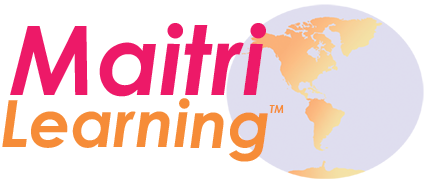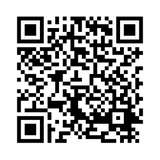Do you want more high-quality research on Montessori? The Montessori Research Pool can help! Through a collaborative effort, a new, University-based Montessori Research Pool has been created.
How to be included
If you are interested in participating in Montessori research, you can become part of the Montessori Research Pool by filling out this form! We are looking for Montessorians from all walks of life, with or without a training credential. If you are involved in Montessori in some way, we'd love to include you!
Note: Signing up does not mean you will be included in a research study; it just gives researchers a way to contact you and request your participation. You can opt-out at any time.
Why we need this
There is a tremendous need for more high-quality Montessori research. The Montessori Research Pool will allow researchers to find a broad range of participants that precisely match their study’s focus (e.g., parents, homeschoolers, people working with dementia, early childhood, adolescence, in public/private schools, administrators, etc.).
How you can help spread the word
Please include this sign-up link in your communications and share the QR code in your presentations. Together, we can create the foundations researchers need to delve deeper into the Montessori method!
Details
The database will be managed by the University of Wisconsin, River Falls. Researchers can gain access to the database by presenting their ethics board (IRB) approval to the University.
Interested researchers should contact montresearch@uwrf.edu












